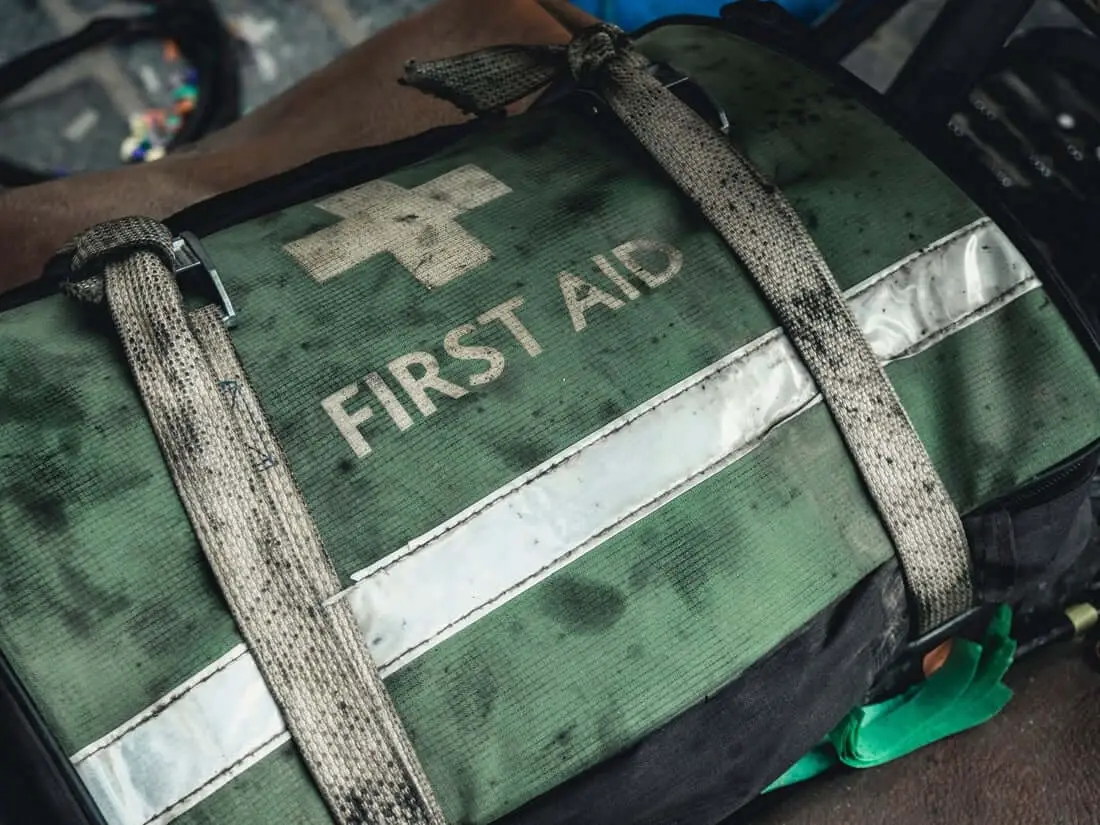I would consider myself about a 6.0/10 as it comes to prepping and being prepared. I have a 27 gal tote full of rice/dry beans/canned goods/emergency bars and another 27 gal tote full of first aid/water purfication/fire starting equip/etc, generator, excessive amount of firewood, deep freezer, full pantry and enough gas to get 500 miles or so away. I'd also say I'm well prepared with personal defense and offense capabilities. However, I have a few questions for the experts below:
Is it better to store dried rice/beans (2 lb rice/1 lb beans in original package then double bagged in gallon freezer bags) or canned goods longevity wise?
How long is it okay to keep canned goods beyond the use by date? I just threw out 20 or so cans that expired before 2019 since a couple i could squeeze would crack the seal on the lid or had become easy to squeeze.
Is it better to avoid pop top cans longevity wise?
How long do OTC medicines really last beyond the best used by/expiration date (Sudafed, flu medicine, anti-diarrheal, etc.)?
Any odd first aid items that are good to have in case SHTF? I already have a fair bit of SABC first aid gear.
Is it better to store dried rice/beans (2 lb rice/1 lb beans in original package then double bagged in gallon freezer bags) or canned goods longevity wise?
How long is it okay to keep canned goods beyond the use by date? I just threw out 20 or so cans that expired before 2019 since a couple i could squeeze would crack the seal on the lid or had become easy to squeeze.
Is it better to avoid pop top cans longevity wise?
How long do OTC medicines really last beyond the best used by/expiration date (Sudafed, flu medicine, anti-diarrheal, etc.)?
Any odd first aid items that are good to have in case SHTF? I already have a fair bit of SABC first aid gear.
Last edited:




